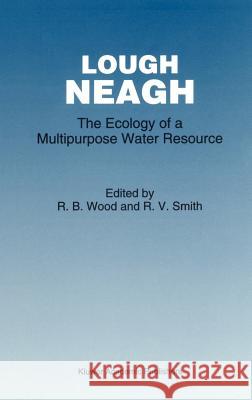Lough Neagh: The Ecology of a Multipurpose Water Resource » książka
Lough Neagh: The Ecology of a Multipurpose Water Resource
ISBN-13: 9780792321125 / Angielski / Twarda / 1993 / 532 str.
Lough Neagh is the largest lake in the British Isles. It covers an area of 383 km2 being 30 km along its longest axis. From pre-historic times the lake and its rivers influenced the settlements of man in the role of a fishery and communication link with the interior of Ireland. Ireland's first canal, completed in 1787, linked the small but significant coal deposits of Tyrone to Dublin by way of the lough and later the Lagen Canal became an important commercial route to the new city of Belfast.
Today, only sand barge transport persists but the lough supports Europe's largest eel fishery and provides commercial salmon, trout and perch catches, besides acting as an important centre for recreational pursuits. Increasingly it has become the major water resource for Northern Ireland supplying much of the demand for the heavily populated Belfast area.
Biologically the lough is rich, sustaining enormous invertebrate populations of, for example, chironomids and gammarids alongside the comparatively exotic glacial relict, Mysis relicta. Its bird life makes the lough an area of very special conservation interest as a Ramsar site.
The book describes the basic ecology of the lough with particular emphasis on both the interaction of the physical, chemical and biological components and the role of ecology in resource management. Extensive recent researches are set in geological, geographical and historical context and together with palaeolimnological studies of the sediments are used to trace major changes in the ecology of the lough under man's influence, especially in the past 100 years.











